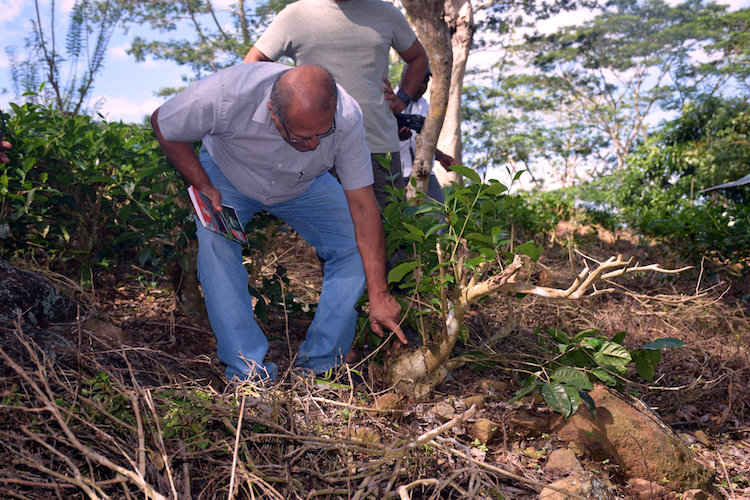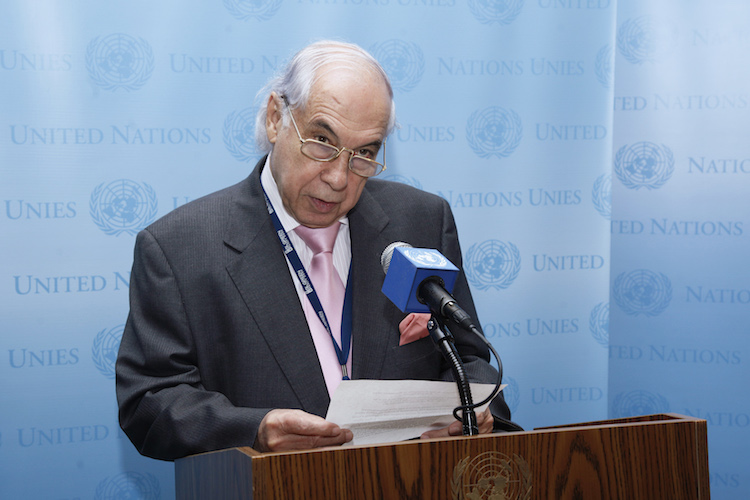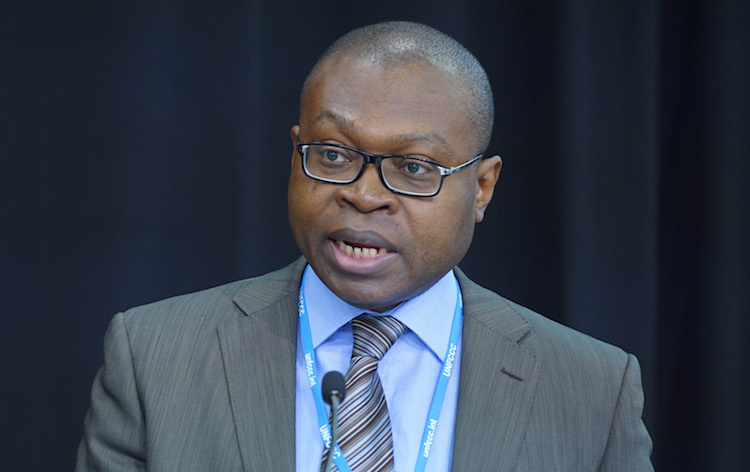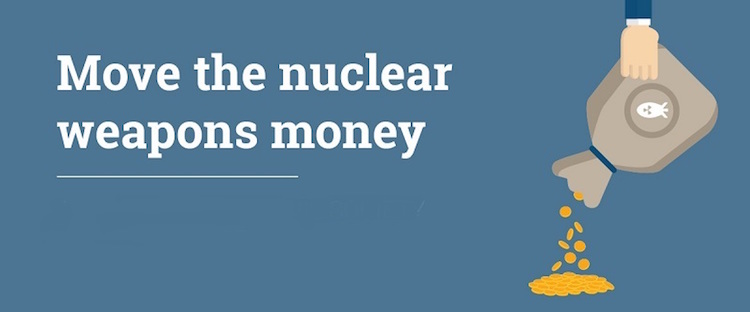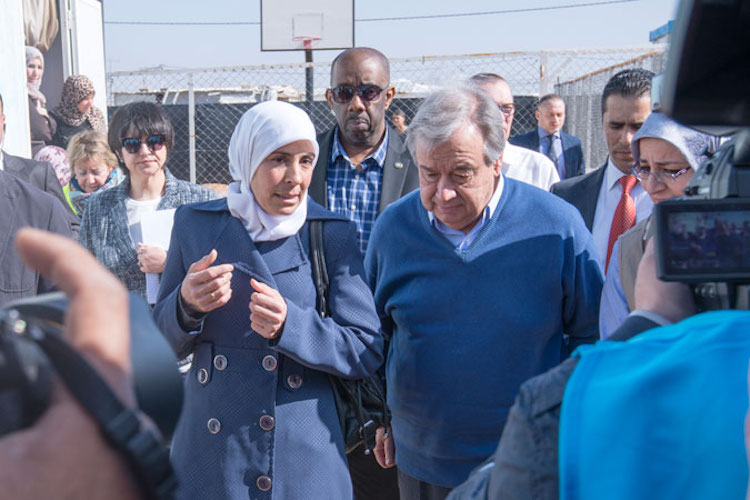Analysis by Pier Francesco Zarcone*
ROME (IDN) – Well-meaning people of various countries have long tried to introduce the rule of law in relations among States, placing their trust for this purpose in the instrument of international law.
This is an imperfect, fragile instrument which is part conventional and part covenantal in nature, and works only by leveraging the fear of effective retaliation by other States.
In the context of today, talk of international law more than ever smacks of a joke, given that under the “new world order” of imperialism the issues of legality and illegality have now been relegated to the level of study and discussion for specialists in law, but without any practical relevance. Today, those who can do what they want.


